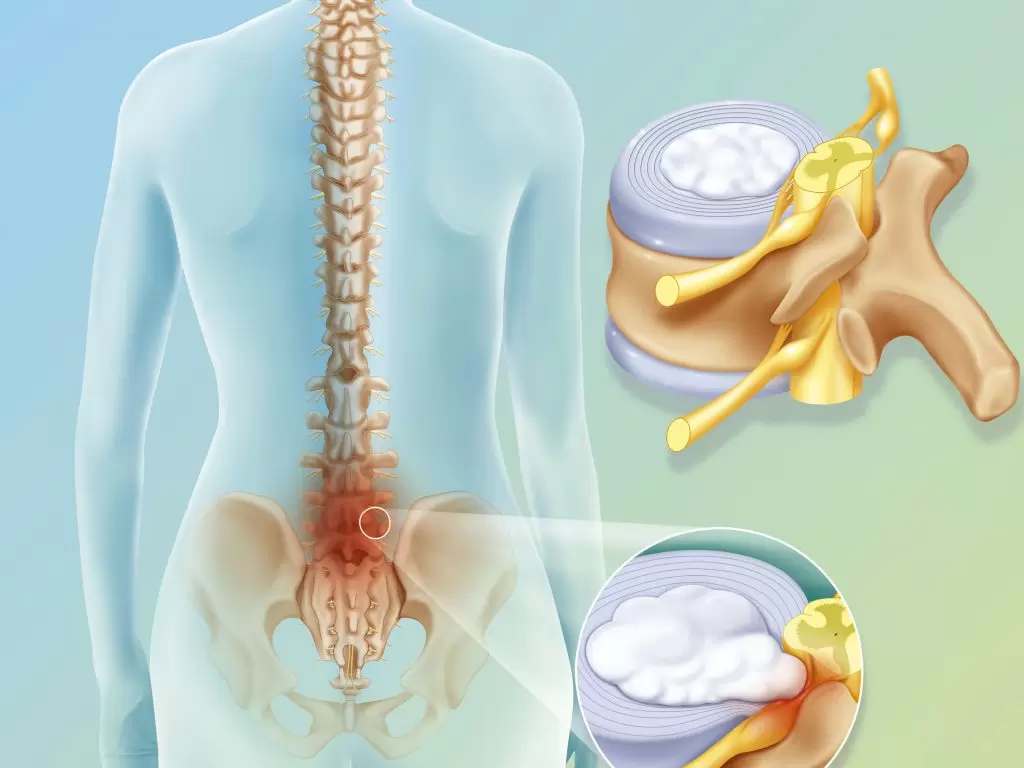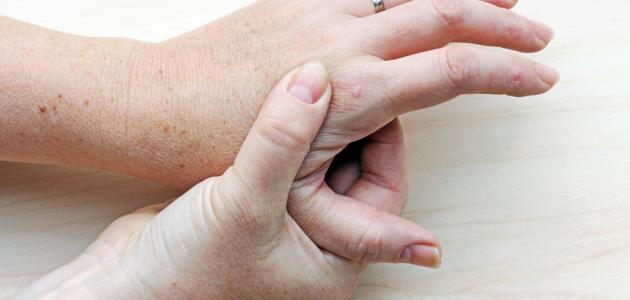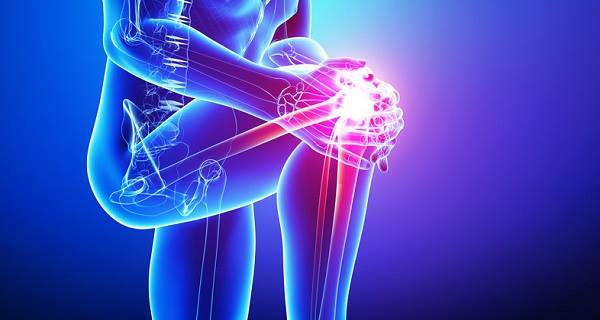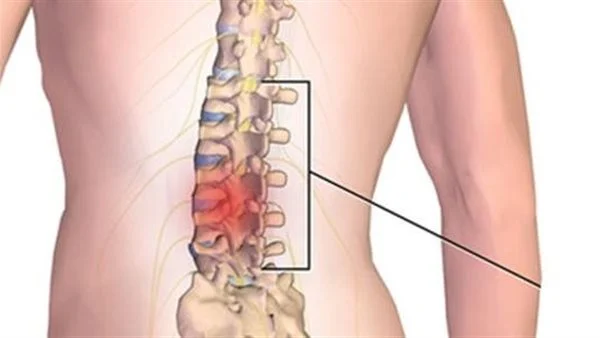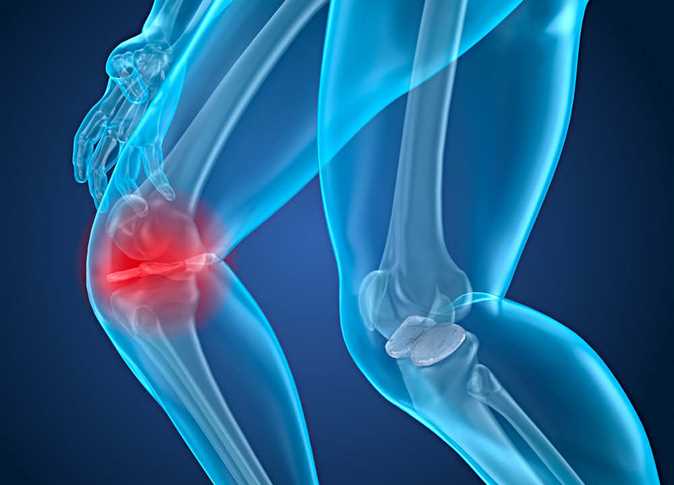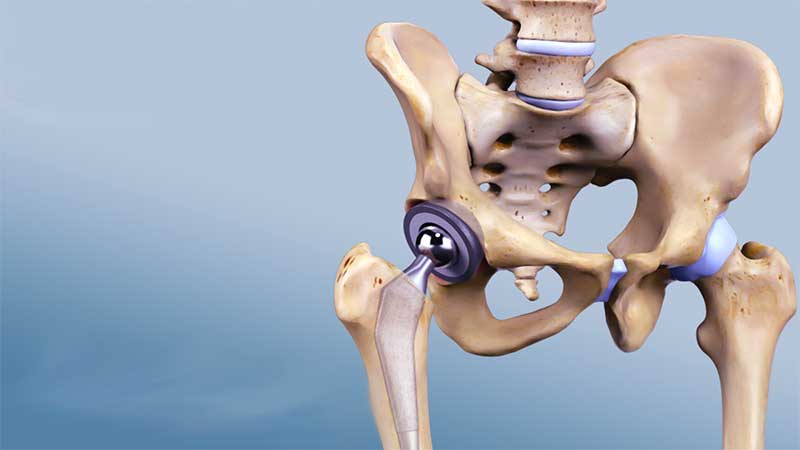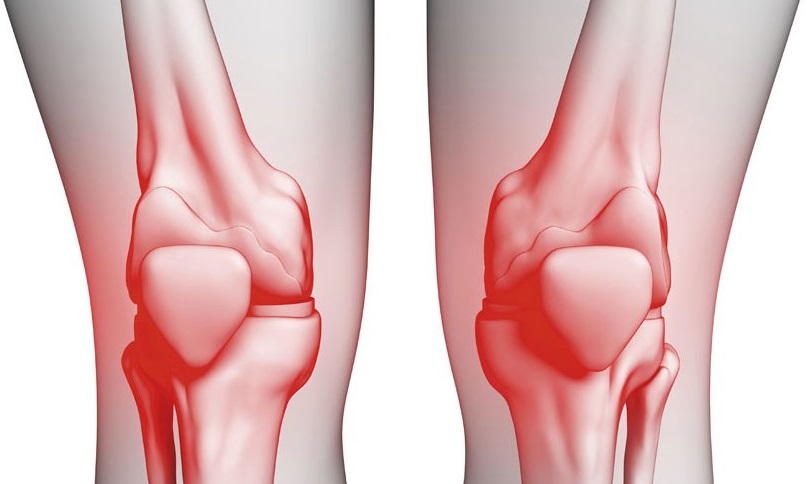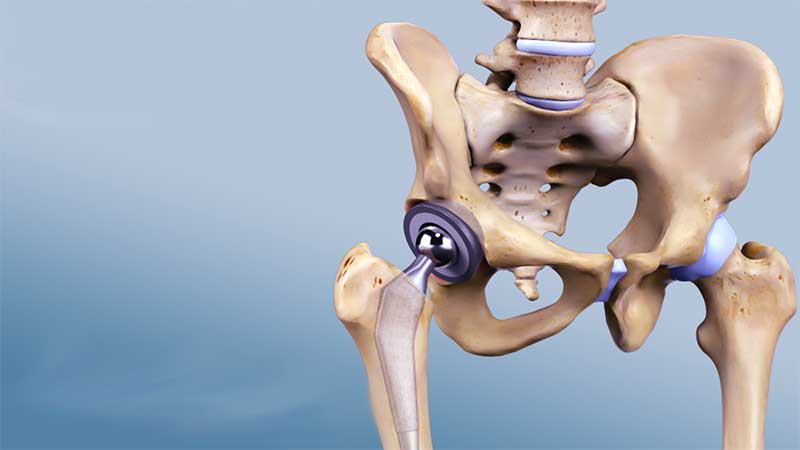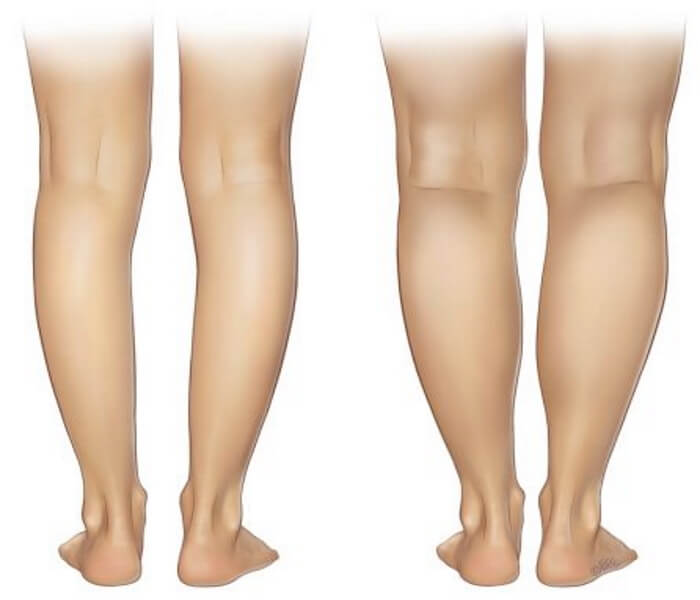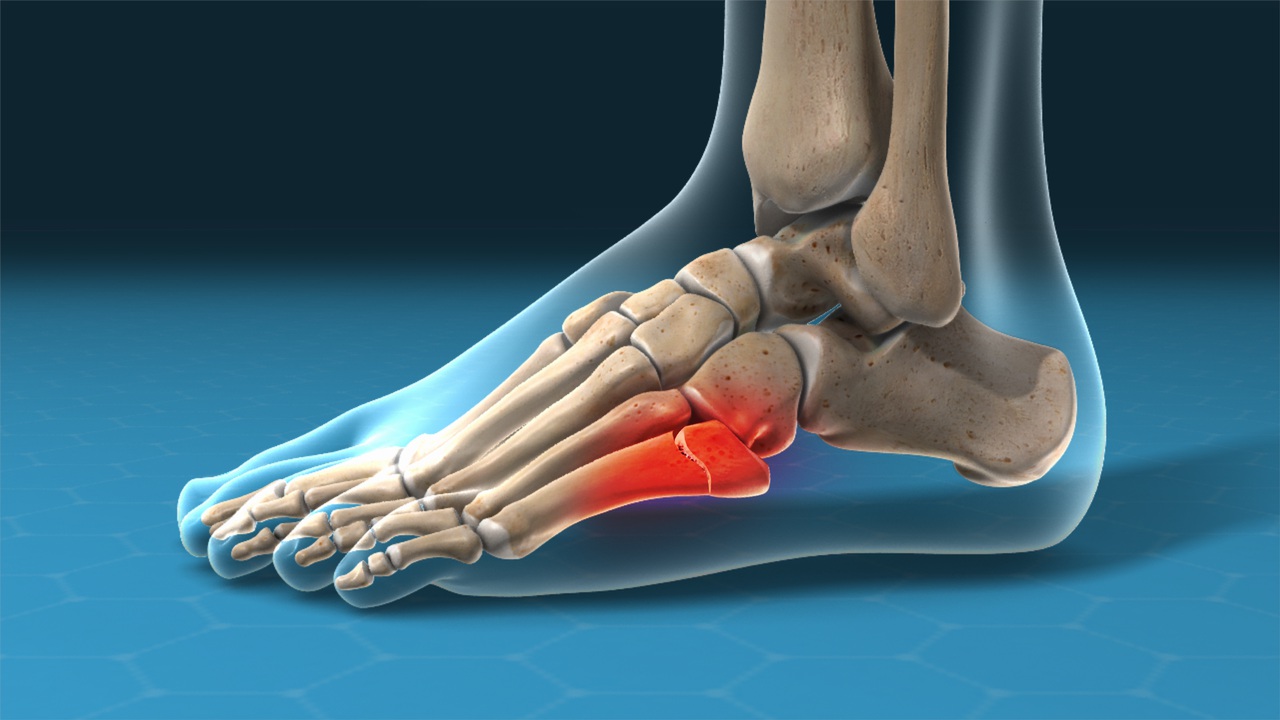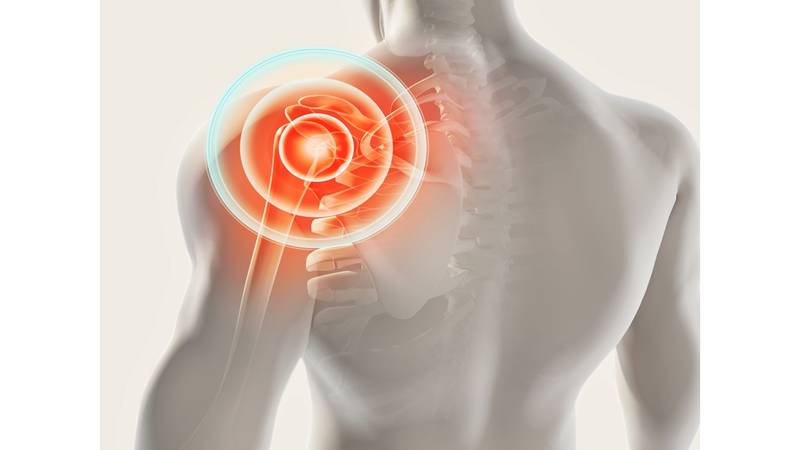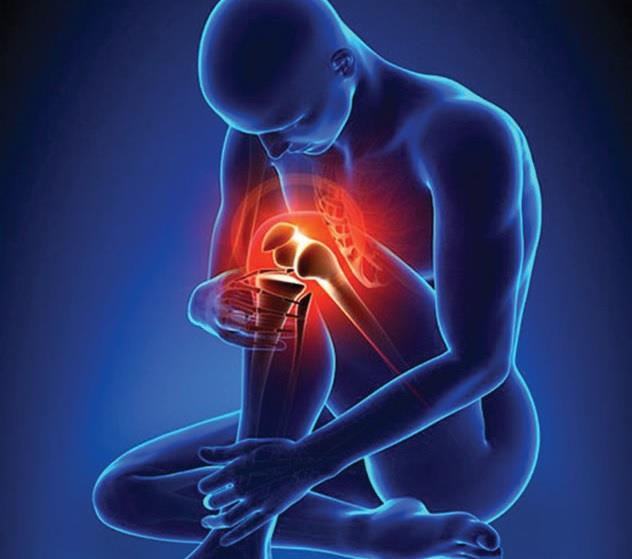Front Neck Pain: What Are Its Causes? And When Is Neck Pain Serious?
Front Neck Pain
Front neck pain is a distressing issue experienced by many individuals. Neck pain can be nonspecific, encompassing various areas in the front part of the neck. In this article, we will shed light on the main causes of front neck pain and how to alleviate it.
Muscular Tension: Muscular tension is one of the primary causes of front neck pain. It can occur due to psychological and physical stress, and may be exacerbated by improper use of neck muscles. To reduce tension and inflammation, it’s important to avoid uncomfortable sitting postures and to apply relaxation techniques and muscle massage.
Poor Posture: Incorrect body posture while working, sleeping, or even using a mobile phone can be a cause of front neck pain. Ensuring proper sitting posture and supporting the neck and back with suitable pillows is crucial. Additionally, it’s important to avoid excessive bending of the neck while using a mobile phone.
Arthritis: Arthritis in the neck area can stem from aging and the wear-and-tear process in the joints. Exercises that enhance the strength of muscles surrounding the neck can be used to alleviate symptoms and improve joint condition.
Vertebral Slippage: Vertebral slippage in the cervical area may occur due to wear or injury. In cases of vertebral slippage, massages can be effective in relieving tension and associated pain. Those suffering from this condition may require additional medical treatment such as physical therapy or surgical intervention.
Other Diseases: Front neck pain may also result from other diseases such as thyroid gland inflammations or a tumor inside the neck. If unexplained or unusual neck pain occurs, it’s advisable to consult a doctor to determine the cause of symptoms and treat them.
Front neck pain can cause significant discomfort and impact the quality of life. To reduce neck pain and prevent its occurrence, the following measures can be implemented:
- Maintain a correct posture during sitting and sleeping.
- Practice neck relaxation exercises and strengthen surrounding muscles.
- Apply massage techniques to reduce tension and improve blood circulation in the neck.
- Ensure to take breaks and stretch during work to avoid accumulating stress on the muscles.
Your neck health is crucial for maintaining the quality of your daily life. It’s important to take pain seriously and pay attention to appropriate treatment to alleviate symptoms.
What is the cause of front neck pain?
Many people suffer from neck pain associated with stress and daily strain. Front neck pain is often a common problem that individuals may encounter regardless of their daily activities and professions. Front neck pain can be bothersome and often negatively affects a person’s quality of life and their ability to perform daily tasks efficiently.
The causes of front neck pain can be attributed to several factors ranging from severe tension to injuries resulting from accidents or improper use of muscles. Here are some of the most likely causes:
- Muscle Tension: Muscle tension is the most common cause of front neck pain. It can result from psychological stress and emotional tension, leading to spasms in the neck muscles that cause pain.
- Physical Strain: Front neck pain may result from continuous physical strain. For example, uncomfortable neck positions during work, such as sitting for long periods in front of a computer, can create an environment conducive to pain.
- Weak Neck Muscles: If the neck muscles are weak and unable to withstand continuous stress, front neck pain may occur. Neck muscle weakness is usually due to a sedentary lifestyle leading to inadequate use of these muscles.
- Swelling and Inflammation: Front neck pain may result from swelling or inflammation in the neck joints or tissues. Inflammation of the disc joint, muscles, or tendons can cause sharp pain in the front area of the neck.
- Injuries and Accidents: Sudden accidents or injuries affecting the neck can cause front pain. Injuries may include a fall, car accident, or neck sprain. It’s important to properly address these injuries to avoid long-term pain effects.
These potential causes of front neck pain highlight the importance of adopting a healthy lifestyle and providing necessary care for neck muscles and joints. Certain cases may require consultation with a specialist and their guidance for necessary treatment, whether through physical therapy sessions, neck muscle strengthening, or trying appropriate exercises and rehabilitation techniques.
Remember, any advice related to neck or body pain in general should involve consulting a specialized doctor before taking any action. Specialist doctors are happy to assist and guide you towards the appropriate treatment for your specific condition.
When is neck pain serious?
Neck pain is a common problem that many face in their daily lives. These pains may result from simple causes like muscle tension or sitting for long periods in front of a computer and often disappear naturally without needing special treatment. However, there are rare cases that may indicate serious neck problems requiring immediate medical intervention. We will learn when neck pain is serious and what symptoms should be considered through the following:
Serious Neck Pain Causes
- Arthritis: Arthritis can be a common cause of neck pain, but in some rare cases, it can have serious effects on the neck. The increased inflammation of the joint can lead to the wearing away of the cartilage between the vertebrae, increasing bone friction and the formation of new bone in the joint. This can result in sharp pain and stiffness in the neck, and if these symptoms persist for a long time, a doctor should be consulted.
- Spinal Stenosis: Spinal stenosis is a serious problem that can affect the neck, occurring due to the compression of bone structures in the vertebrae. Those affected may experience sharp pain in the neck that may extend to the shoulder, accompanied by weakness in the muscles of the arm and hand. If these symptoms are present, it is advisable to consult a doctor to determine the best treatment approach.
- Spinal Cord Disorders: Disorders of the spinal cord can lead to serious symptoms in the neck. Spinal cord disorders can occur due to the pressure of twisted vertebrae on the spinal cord, leading to muscle tightness, imbalance, short stepping gait, and inability to use the hand. In the presence of these symptoms, immediate medical attention is necessary.
- Injuries: Injuries can be another source of neck pain and may include fractures in the vertebrae, damage to blood vessels, or even paralysis. If there is a severe injury or persistent severe pain in the neck for several days without any improvement, immediate medical attention is necessary.
Serious Neck Pain Symptoms
Serious neck pain has a number of distinctive symptoms that may indicate a serious problem. Here are some of those symptoms:
- Feeling of sharp pain in the neck or the pain persisting for several days without improvement.
- The pain or numbness spreading from the neck to the hands and legs.
- Feeling of pain in the head or stiffness in the neck.
- Symptoms indicating a fever, such as high temperature.
- Problems with bowel or bladder function.
- Appearance of a lump or swelling in the neck or head.
Neck Pain Treatment Methods
The method of treating neck pain depends on its cause and severity. If the symptoms are mild, they can be treated with simple methods including:
- Taking pain relief and muscle relaxant medications prescribed by the doctor.
- Applying cold compresses to the neck to reduce swelling, then using warm compresses.
However, if there is numbness and weakness in the limbs, surgical treatment may be required. For example, doctors often use a surgical technique involving small incisions about 3 cm in size to treat neck problems. This technique helps in reducing damage to the muscular tissues in the area and speeds up the recovery process.
In conclusion, it is emphasized that in most cases, neck pain is not serious and goes away without the need for special treatment. However, anyone suffering from persistent neck pain or the appearance of serious symptoms should consult a specialist to determine the precise diagnosis and appropriate treatment plan.
What are the Symptoms of Neck Nerve Inflammation?
Many people suffer from neck pain and related symptoms. Neck nerve inflammation could be one of the potential causes of this pain. Neck nerve inflammation occurs when the nerve in the neck becomes inflamed or irritated, and it can be due to many reasons.
In this article, we will discuss the common symptoms of neck nerve inflammation and how to deal with it. However, it should be noted that if symptoms are recurrent or persistent, the person should visit a doctor for accurate diagnosis and appropriate treatment.
Neck Pain: The most prominent symptom that a person with neck nerve inflammation may experience is pain in the neck area. This pain is often sharp and intensifies with movement. The person may feel muscle cramps and stiffness in the neck area.
Numbness and Tingling in the Arm: The person may also experience numbness and tingling in the arm affected by neck nerve inflammation. This sensation may be present in the fingers, hands, or even in the upper back.
Arm Muscle Weakness: In cases of severe inflammation of the neck nerve, the person may suffer from muscle weakness in the arm. They may find it difficult to lift or move objects properly due to the nerve inflammation affecting the process of sending motion signals to the muscles.
Difficulty in Managing Daily Activities: Due to the pain, numbness, and muscle weakness caused by neck nerve inflammation, an individual may find it challenging to perform daily tasks normally. They may struggle with eating or dressing themselves and engaging in simple activities like opening doors or using a mobile phone.
Difficulty in Resting and Sleeping: The person may find it difficult to relax and rest because of neck pain and associated symptoms. Difficulty in sleeping due to discomfort and pain may lead to sleep disturbances and negatively impact overall rest and health.
Pain Escalating to the Shoulder and Back: In some cases, the pain associated with neck nerve inflammation may spread to the shoulder and back area. The person may experience severe pain in these areas as well, which increases the complexity of the problem and affects their overall ability to perform daily activities.
How to Deal with Symptoms of Neck Nerve Inflammation:
- Rest and Massage: The person suffering from neck nerve inflammation symptoms should avoid movements and activities that increase pain. Gentle massage techniques can be used to relieve tense muscles and improve blood circulation in the neck area.
- Applying Ice and Heat: Cold compresses, like applying ice, can be used on the affected area to reduce inflammation and alleviate pain. A heat pack can also be used to relieve tension and improve blood circulation in the area.
- Medical Exercises: After consulting a doctor or physical therapist, a person with neck nerve inflammation can engage in specific exercises to strengthen muscles and increase neck flexibility. These exercises should be gentle and flexible, avoiding any harsh movements or exacerbating the pain.
- Pain Relief Medications: In some cases, pain relief medications can be used to alleviate pain and provide overall calmness to the affected individual. The doctor may prescribe non-steroidal anti-inflammatory drugs (NSAIDs) or over-the-counter pain relievers to ease the symptoms.
- Physical Therapy: Physical therapy can be an effective way to deal with neck nerve inflammation symptoms. During physical therapy sessions, a physiotherapist can provide specific exercises, massage techniques, and stretches to alleviate pain and improve movement in the neck area.
In conclusion, a person suffering from neck nerve inflammation symptoms must understand the importance of consulting a doctor for an accurate diagnosis and appropriate advice. They should also follow the instructions and recommendations provided by the doctor to effectively manage these symptoms and improve their quality of life.
What Causes Neck Vein Pain?
Many people suffer from neck vein pain, which is common and can cause a lot of discomfort and stress. This common pain may be the result of improper body posture or osteoarthritis. In rare cases, it might indicate a more serious problem.
To understand the cause of neck vein pain, let’s discuss some common reasons for this condition:
- Improper Body Posture: Sitting for long periods in a slouched position in front of a computer or smartphone, or even reading a book in bed, are behaviors that strain the neck muscles and lead to pain in the veins.
- Osteoarthritis: Osteoarthritis is one of the common causes of pain in the neck veins. Over time, the neck joints wear down, leading to the formation of bony protrusions in the vertebrae, affecting joint movement and causing pain.
- Muscular Strain: Excessive use of the neck, such as sitting for long periods in a hunched position in front of a computer or improperly carrying heavy objects, can strain the neck and back muscles, resulting in vein pain.
- Cartilage Tear and Disc Herniation: Injuries such as car accidents, diving accidents, or falls can cause cartilage tears in the neck vertebrae or disc herniation, putting pressure on the nerves branching from the spinal cord and causing pain in the veins.
Neck vein pain is commonly due to poor body posture or osteoarthritis. However, in rare cases, this pain may signal a more serious issue. It is important to seek medical care if symptoms like numbness or loss of strength in the arms or hands, or pain spreading to the shoulder or down the arm, occur.
To prevent neck vein pain, the following tips can be helpful:
- Keep your head straight with your spine.
- Ensure that your shoulders are aligned with your hips and your ears are directly above your shoulders.
- Elevate the device you’re using, such as mobile phones, tablets, and other small screens, to eye level instead of bending your neck to look at it.
- Move your body and stretch your neck muscles if you are traveling long distances or working long hours on a computer.
If you suffer from neck vein pain that doesn’t subside after a long period, and experience headaches, numbness, or weakness, it is best to consult a doctor. They are the specialist who can accurately assess your condition and direct you to the necessary treatment.




